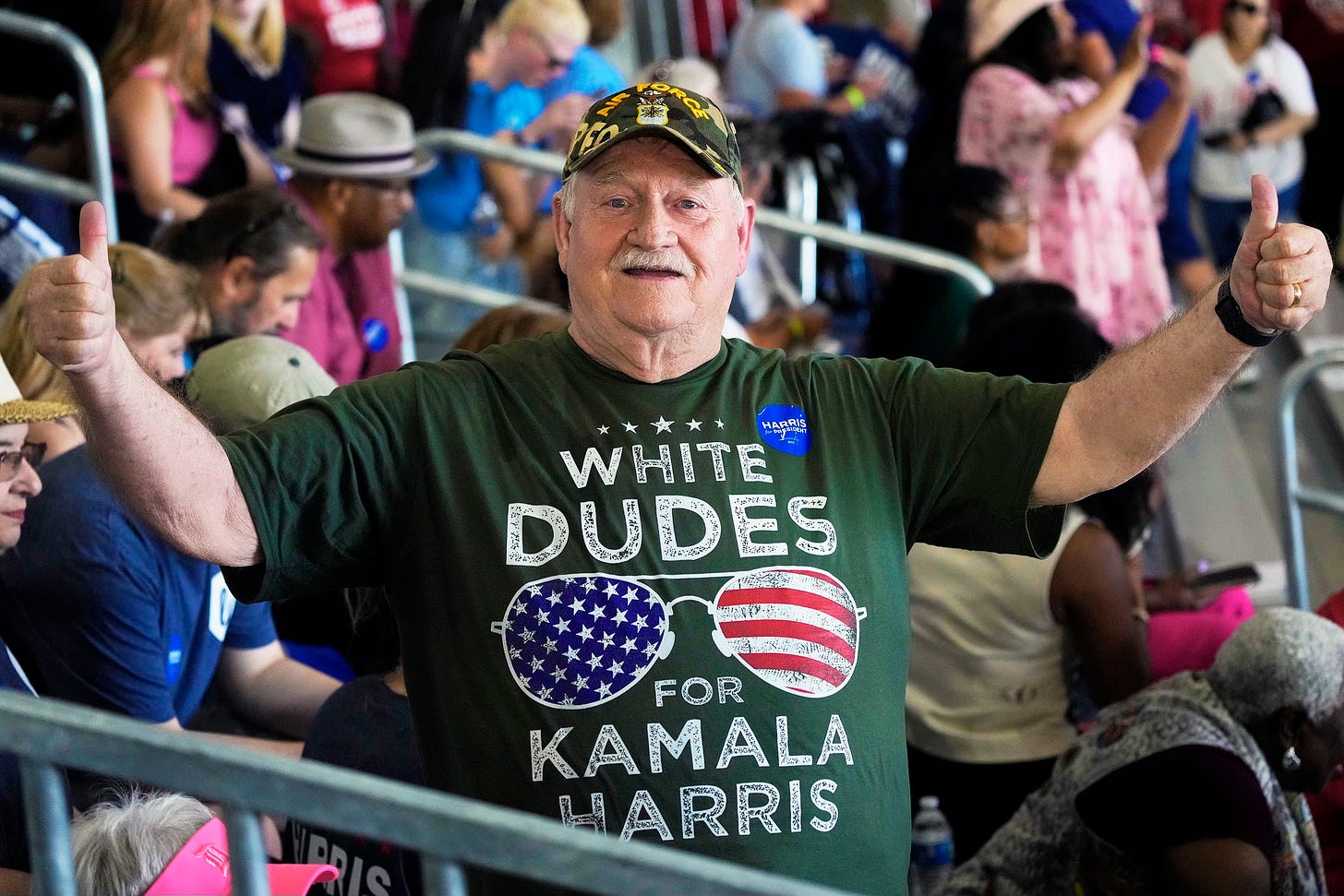Mahoney on US Presidential Contest
Timothy Mellon gave $50 million to Trump's super PAC and has donated more than $150 million in 2024 election cycle. Mike Bloomberg has given tens of millions to Democrat Super PACs.
Featured columnist Prof. Josef Gregory Mahoney joined #cgtn World Insight with Tian Wei and Democratic Communications Strategist Spencer Critchley to discuss the #dnc and the US presidential campaigns.
Hillary Clinton spoke of a glass ceiling for women being broken with Harris' rise Could this help the campaign or backfire?
It's important to trot out the…





